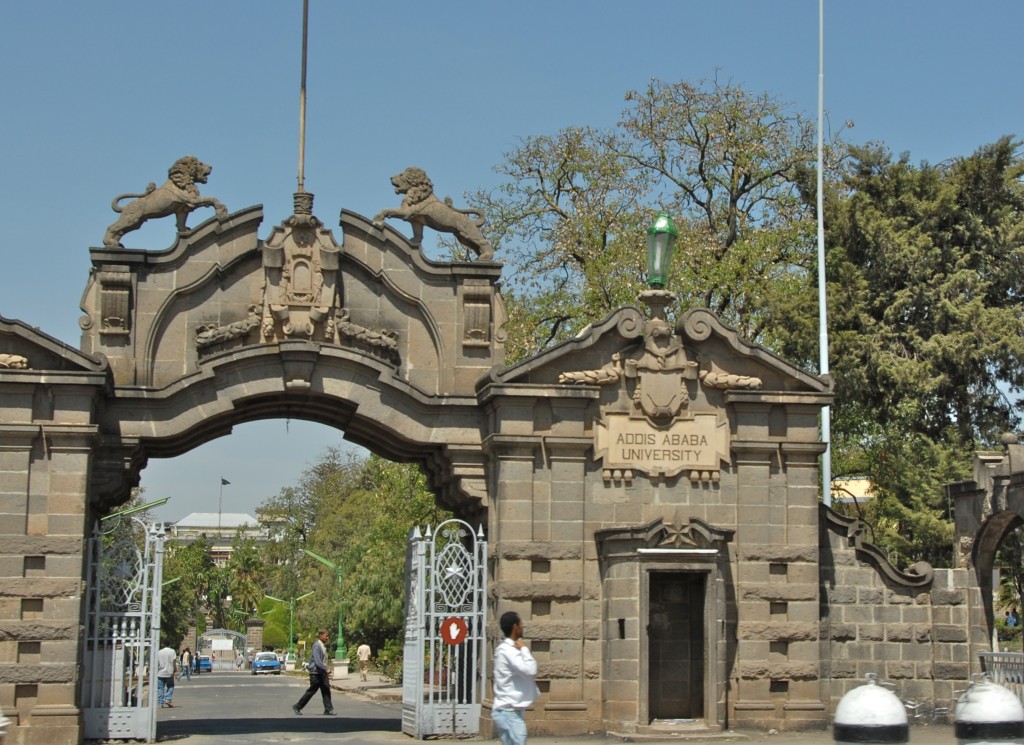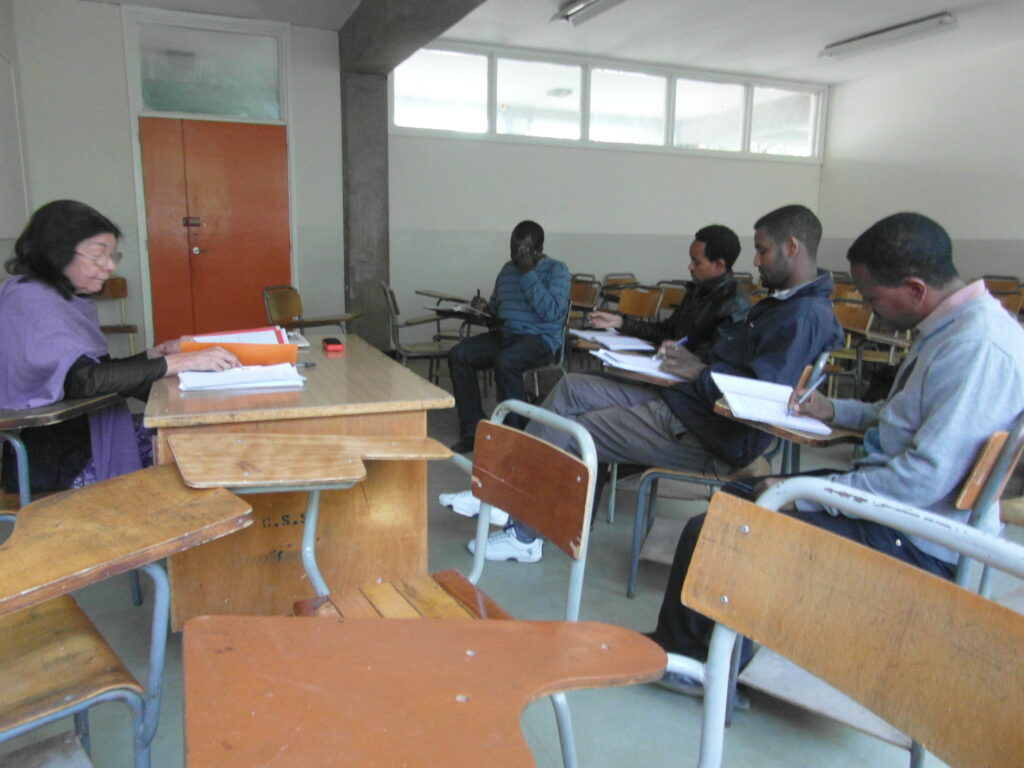Institutional Development Grant awarded to Addis Ababa University

Congratulations to the department of social anthropology at Addis Ababa University of Addis Ababa, Ethiopia, the latest recipient of the Wenner-Gren Foundation’s Institutional Development Grant program. This renewable grant — providing $25,000 per year for up to five years — will support the continued development of an undergraduate and graduate program in anthropology. To learn more about AAU, anthropology in Ethiopia, and the award, we spoke to Dr. Adugna Tufa Fekadu.
First can you tell us a bit about yourself and how you came to be interested in anthropology? Who have been the anthropologists that have most influential in your own personal formation and why?
I graduated in History in 1999. Soon I joined the Department of History at Dilla University, in Southern Ethiopia, to teach History. It was that time that I read Asmarom Legesse’s book: Gada: Three Approaches to the Study of African Society. This book, which changed the direction of my future academic life from History to Social Anthropology, analyzes three anthropological schools by using age and generational system among the Oromo of Ethiopia. The next year I had to abandon my job at the Department of History and joined a private college in Addis Ababa, the capital city, where the only Department of Sociology and Anthropology was found. In 2001 I registered to study Masters Degree in Social Anthropology and upon successful completion of the master’s program I joined the Max-Planck Institute for Social Anthropology in Germany for a PhD. Numerous anthropologists from Addis Ababa University to Max-Planck Institute for Social Anthropology have contributed in moulding my academic career.

Can you tell us a little about anthropology in Ethiopia? What are the pressing questions and concerns for the discipline there?
Anthropology was started as an academic program in Ethiopia in 1990 when the then Department of Sociology and Social Anthropology at Addis Ababa University in cooperation with Christian Michelsen Institute of Norway opened Masters program in Social Anthropology. In the last decade, more than ten universities started anthropology at Undergraduate and Master’s levels, which indicates the demand. The central focus of anthropology in Ethiopia is describing, analyzing and documenting multiple socio-cultural dynamisms in the country. The key concern for anthropology in particular and for social sciences in general is how to emerge as a strong discipline that produce competent scholars in the political environment that visibly favours natural sciences and technology.
Is anthropology a subject that attracts students in Ethiopia?
In Ethiopia, anthropology has fairly a great demand. As I mentioned above, in the last decade more than ten public universities opened a Department of Anthropology. In fact, entrance to our PhD program, which is the only program in a country of eighty three million people, is very competitive.
Can you tell us about your department, its specialities and how the award will help your department as it moves forward?
The Department of Social Anthropology at Addis Ababa University has three programs: Undergraduate, MA and PhD. In all the three programs currently the department has 350 students, and sixteen instructors (ten PhD, including expatriates, and six MA). Of the four sub-disciplines of anthropology, our department concentrates on Social Anthropology. Research interests of the faculty members and students emphasize on ethnohistory, development anthropology, medical anthropology, ecological anthropology, urban anthropology etc.
We are very much grateful to Wenner-Gren Foundation for this Institutional Development Grant. This grant will enable us to improve the theoretical and methodological training of Ph.D students; intensify international exposure and exchange; improve the quality of anthropological training by bringing in experienced senior professors from Europe and America; upgrade the current curriculum in consultation with partner institutions; provide modest support for student field research; and build up library and electronic resources.